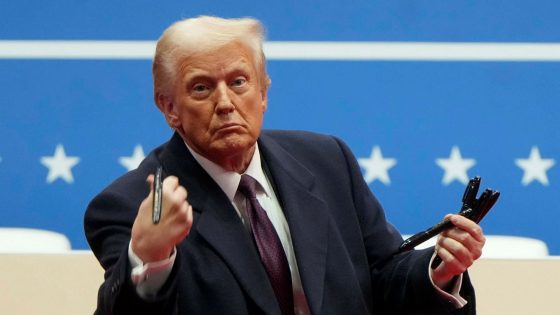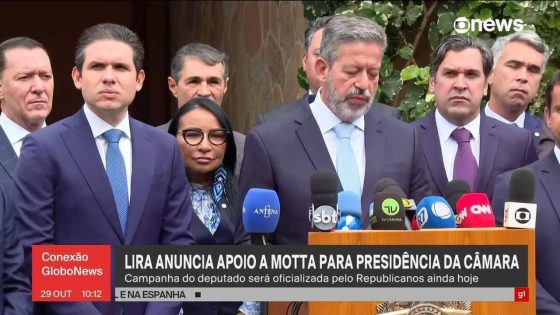On February 13, 2025, former U.S. President Donald Trump announced that the united states and Russia would begin negotiations to address the ongoing conflict in Ukraine “immediately.” This statement comes amid increasing international pressure for a resolution to the war, which has caused significant humanitarian and economic disruptions.
- Trump announces US-Russia talks on Ukraine war
- Oil prices drop amid peace deal discussions
- Russia agrees to negotiate ending Ukraine conflict
- Trump administration pushes for negotiated resolution
- Financial Times reports on Trump's statements
Trump’s remarks were made during a press conference where he emphasized the importance of diplomacy in achieving peace in Ukraine.
The announcement by Trump marks a significant shift in dialogue surrounding the Ukraine crisis, which has persisted since 2014. The conflict has led to widespread devastation and displacement within Ukraine and has drawn condemnation from various nations worldwide. Trump’s administration previously supported military aid to Ukraine, but this new approach suggests a pivot towards negotiation as a primary strategy for resolution.
Key points regarding the current situation include:
- The ongoing war has resulted in thousands of casualties and millions displaced.
- International sanctions against Russia have impacted its economy significantly.
- The potential for peace talks could lead to reduced tensions between NATO countries and Russia.
As discussions are set to commence, both sides will likely face challenges related to trust and differing objectives. Analysts suggest that successful negotiations will require concessions from both parties regarding territorial claims and security guarantees. The outcome of these talks could reshape not only U.S.-Russia relations but also influence global geopolitical dynamics.
This announcement underscores an urgent need for diplomatic engagement as both nations seek an end to hostilities in Ukraine. The effectiveness of these upcoming talks will depend on mutual willingness to compromise and address underlying issues fueling the conflict.





























